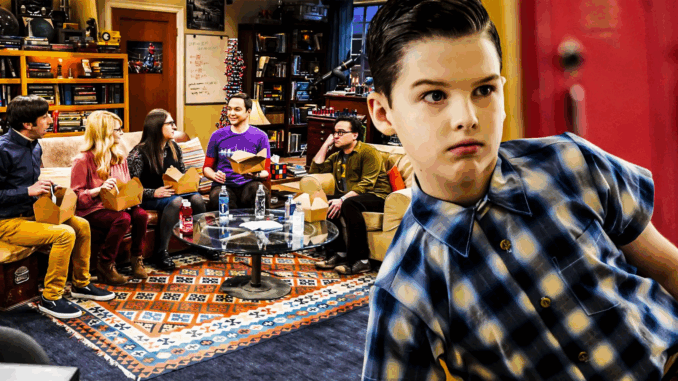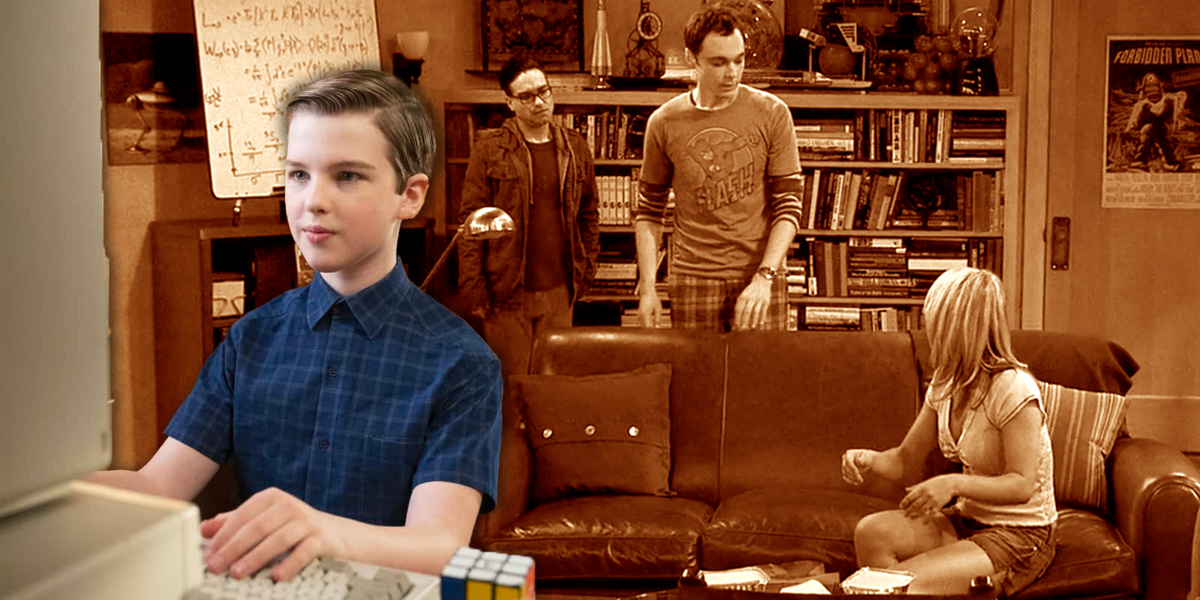
In an era defined by prestige dramas, high-concept thrillers, and flashy reboots, few could have predicted that a spin-off about a socially awkward boy growing up in East Texas would quietly become one of television’s most impactful shows. Yet Young Sheldon has done exactly that — emerging not just as a worthy prequel to The Big Bang Theory, but as a cultural touchstone in its own right.
As the series takes its final bow after seven successful seasons, it leaves behind more than a fanbase — it leaves a legacy.
A Sitcom That Didn’t Feel Like a Sitcom
From the beginning, Young Sheldon defied sitcom expectations. There was no laugh track, no fast-paced punchline rhythm. Instead, audiences were treated to a softer, more deliberate tone — one that felt closer to a literary coming-of-age novel than a conventional TV comedy.
This shift allowed the show to explore deeper emotional terrain. The laughs were still there, but so were tears, philosophical questions, and family struggles. The result? A series that brought heartland America to life with warmth, nuance, and unexpected gravitas.
Elevating the Supporting Cast
While the show centered on young Sheldon Cooper (played with quiet brilliance by Iain Armitage), it was the ensemble cast that elevated Young Sheldon into something special. Mary Cooper (Zoe Perry), George Sr. (Lance Barber), Meemaw (Annie Potts), Missy (Raegan Revord), and Georgie (Montana Jordan) weren’t just background figures — they were fully realized characters with rich emotional arcs.
George’s internal struggle between being a father and pursuing his own dreams. Mary’s delicate balancing act between her faith and her son’s scientific worldview. Missy’s simmering frustration at being overlooked. These weren’t side plots — they were essential pieces of the show’s emotional architecture.
By its final season, Young Sheldon had transformed from a character showcase into an ensemble masterpiece.
A Cinematic Approach to Everyday Life

Visually, the show leaned into cinematic language — soft lighting, long pauses, and quiet symbolism. Directors took their time with lingering shots of Sheldon’s blank stares, Mary’s worried glances, or Meemaw’s tough love moments.
Unlike its predecessor, The Big Bang Theory, which relied on energetic dialogue and punchy editing, Young Sheldon thrived on stillness. It was never afraid to slow down — a bold choice that paid off in a fast-scrolling, streaming-first world.
Intelligence with Empathy
One of the show’s greatest achievements was making intelligence accessible without mocking it. Sheldon’s genius wasn’t treated as a punchline, but as a lens through which to explore loneliness, anxiety, and the desire to be understood.
In an age where social media can make kids feel isolated for being different, Young Sheldon offered reassurance: your curiosity is a gift, even if the world doesn’t know what to do with it yet.
And it wasn’t just Sheldon. Missy’s emotional intelligence, Georgie’s street smarts, and Mary’s spiritual resilience all expanded the definition of what it means to be “smart.”
A Global Resonance
Despite its small-town setting, Young Sheldon found global appeal. It aired in more than 180 countries and was dubbed into over 30 languages. Viewers from India to Brazil saw something universal in Sheldon’s journey: the tension between individuality and family, brilliance and humility, tradition and change.
The show became especially popular among teachers and parents, many of whom used it as a springboard for conversations about neurodiversity, gifted education, and generational gaps.
A Quiet Ending with Lasting Echoes
Unlike many big series finales that aim for spectacle, Young Sheldon chose a more grounded exit. The final episodes dealt with grief, change, and the silent moments that often define growing up. No explosions. No epic twists. Just truth.
And in doing so, the show left a deeper mark than most of its flashier peers.
What’s Next?
With Georgie & Mandy’s First Marriage set to premiere later this year, fans will return to Texas — this time through the eyes of Sheldon’s older brother. While the tone may shift, the emotional DNA of Young Sheldon is sure to live on.
As for Sheldon himself, fans are already asking whether we’ll someday see a series chronicling his early college years — perhaps a bridge between Young Sheldon and The Big Bang Theory.
But no matter what comes next, one thing is clear: Young Sheldon proved that a quiet story, told with care and honesty, can make the loudest impact.
